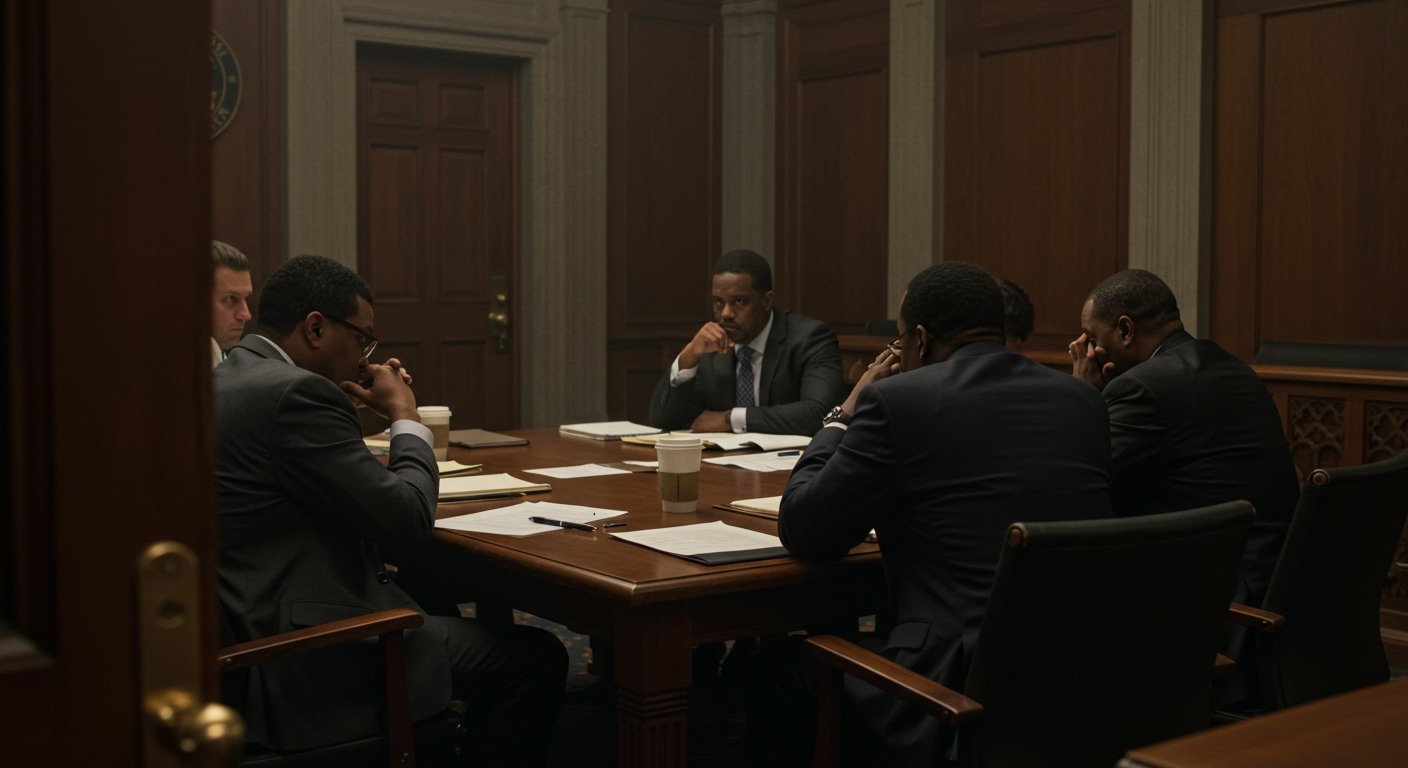The delicate relationship between Hollywood and the lucrative Chinese film market is facing renewed uncertainty following recent escalations in trade tensions initiated by President Trump. A significant tariff increase targeting Chinese goods has ignited concerns within the U.S. film industry that access to this vital market could be severely restricted, potentially even facing a ban on American movies.
The Scale of China’s Market Influence
For years, China has emerged as an indispensable market for the American film industry. Its rapidly growing box office has become a critical source of revenue, often providing a much-needed boost to global returns for major studio productions. On average, the Chinese market accounts for approximately 10% of a U.S. film’s gross earnings, a figure that underscores its financial importance to Hollywood’s business model.
This market is particularly crucial for tentpole films, where success in China can mean the difference between profitability and loss. Recent American films that have resonated strongly with Chinese audiences include blockbusters like “A Minecraft Movie” and “Godzilla X Kong,” demonstrating the significant appetite that exists for U.S. content when it clears the regulatory hurdles.
The Tariff Announcement and Rationale
The current anxieties were significantly heightened by a recent announcement from President Trump regarding new tariffs. While indicating a 90-day pause on tariffs for most countries, the administration simultaneously declared a substantial increase in tariffs specifically on goods from China. These tariffs were raised to 125%, effective immediately.
President Trump stated the basis for this action in a post on Truth Social, citing China’s “lack of respect” for World Markets. This unilateral and immediate tariff hike against China contrasts sharply with the temporary reprieve offered to other nations, signaling a specific and intensified focus on trade imbalances with Beijing.
Potential Retaliation: The Film Ban Threat
The imposition of steep tariffs by the U.S. has raised fears of potential retaliatory measures from China. While no official policy has been announced, credible voices within China have reportedly floated the idea of restricting Hollywood’s access.
According to Sharon Waxman, editor-in-chief of the industry news outlet “The Wrap,” prominent Chinese bloggers who maintain connections to the main party have suggested that China might consider implementing blocks on Hollywood films currently released there. This suggestion, circulating within politically connected circles, signals a potential non-tariff barrier that could be leveraged in response to the trade dispute, directly impacting the theatrical and distribution pipelines for American movies in China.
Broader Industry Challenges
The potential imposition of market restrictions in China comes at a challenging time for the U.S. film industry. Hollywood has been navigating a complex landscape recovering from significant disruptions in recent years. The industry is still grappling with the lingering economic effects of the COVID-19 pandemic, which shuttered cinemas and halted production globally.
Furthermore, the industry has recently emerged from extensive labor strikes by writers and actors that significantly impacted production schedules and delayed film releases. The prospect of losing access to a critical market like China adds another layer of uncertainty and financial vulnerability on top of these existing, substantial difficulties.
Economic Implications for Production
The financial fallout from restricted access to the Chinese market could have far-reaching consequences for Hollywood’s operations. Losing the revenue stream that accounts for an estimated 10% of a film’s gross earnings could force studios and production companies to reassess their financial models.
Monique White, Executive Vice President at California Pictures, highlighted this concern, noting that the loss of revenue from the Chinese market could directly impact future production decisions. Reduced income from key international markets like China might lead to smaller budgets for future films, fewer projects being greenlit, or a fundamental shift in the types of films that are produced, potentially favoring those less reliant on global blockbusters.
Conclusion
The escalating trade dispute between the United States and China under President Trump’s administration poses a tangible threat to the U.S. film industry’s deep financial ties to the Chinese market. The imposition of a 125% tariff on Chinese goods has opened the door to potential retaliatory measures, including the worrying prospect of restrictions or even a ban on American films.
Coupled with the industry’s ongoing recovery from labor strikes and the COVID-19 pandemic, this new uncertainty regarding market access in China presents a significant challenge. Hollywood executives and analysts are closely monitoring the situation, understanding that the outcome of the trade war could have profound and lasting effects on the economics and global strategy of American filmmaking.













